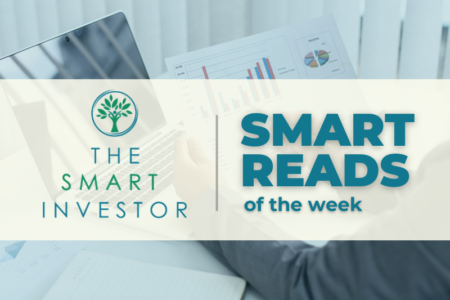The week marks the end of the second calendar quarter. The first six months of 2020 has been nothing short of frightening for just about everyone in the world, as COVID-19 spread rapidly around the globe.
The pathogen, which has been dubbed “the virus of truth” has had far-reaching consequences beyond the disease itself. Its impact has exposed deficiencies in many economies, dysfunction in politics and defects in the social compact.
Next week should provide investors with more economic data to assess how the pandemic has affected various countries. In the US, the closely-watched non-farm payroll is expected to show a gradual improvement in the number of jobs added. But the 2.9 million jobs created in June pales in comparison to the 20 million jobs that were lost in April.
China is expected to say that its manufacturing, non-manufacturing, and services industries continue to expand, despite the pandemic. Purchasing managers’ indices (PMI) for the key sectors are forecast to come in above 50.
Retail sales in Japan could show another year-on-year decline in May. In April, retail sales tumbled 13.7%, following a 4.7% drop in March. The reading for May could indicate a fall of 9.8%. Meanwhile, the unemployment rate could have edged up to 2.9%. It would be the third successive month that the number of people out of work has risen.
The precipitous fall in tourist arrivals in Indonesia is concerning since it accounts for around 4% of the country’s economic output. In April, foreign tourist arrivals slumped 87% year on year to a record low of 160 thousand. In May, the number of inbound travellers could have fallen 58%.
Malaysia could register another balance of trade deficit. In April, the country posted its first deficit since the Asia financial crisis of 1997. In May, the deficit of RM1.5 billion would be an improvement on the RM3.5 billion it registered in April.
And finally, Singapore bank lending for May will be eyed for signs of improvement in the economy. In April, Singapore banks lent S$689.7 billion, which was the lowest since October last year, as consumers and businesses curbed their appetite for loans.
If you’d like to learn more investing concepts, and how to apply them to your investing needs, sign up for our free investing education newsletter, Get Smart! Click HERE to sign up now.
Get more stock updates on our Facebook page. Click here to like and follow us on Facebook.
Disclosure: David Kuo does not own any of the shares mentioned.




